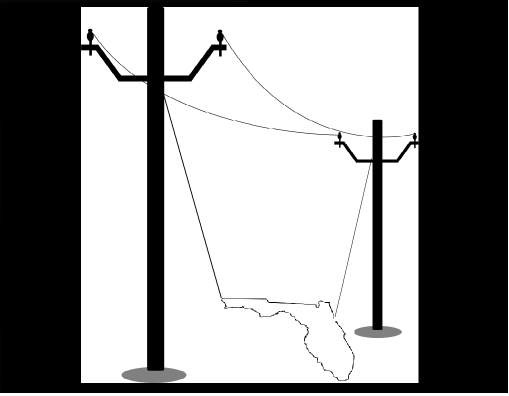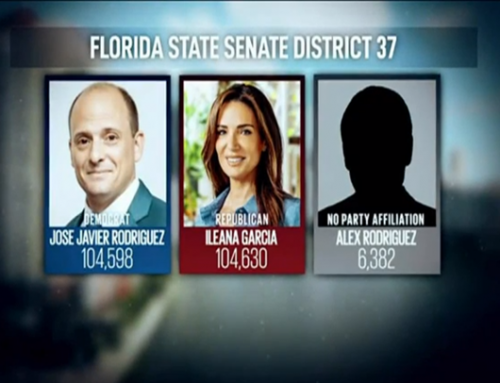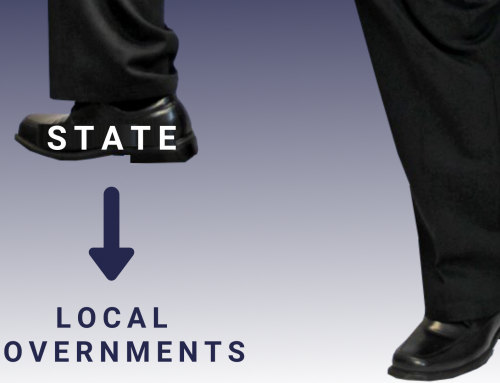May 2018
Executive Summary
In 2014, Integrity Florida released a report titled Power Play: Political Influence of Florida’s
Top Energy Corporations. The report examined the political influence of the state’s four largest
electric utility companies: Florida Power & Light (FPL), Duke Energy (formerly Progress
Energy), TECO Energy and Gulf Power. Among other issues, the report analyzed the campaign
spending of these four regulated utility monopolies over five election cycles beginning in 2002
through 2012. The report also looked at yearly lobbying expenditures by the companies from
2007 through 2013.
The report cited a March 2013 article by the Miami Herald that concluded the Florida
Legislature increasingly sets its agenda and policy outcomes based on the needs of large political
donors rather than the public interest. The article says the utility companies have always been
among the largest contributors to legislative campaigns.
In this new report, the Southern Alliance for Clean Energy has asked Integrity Florida to
examine political spending by utilities in the election cycles that have occurred since the last
report (2014 and 2016) while also looking at ways the utilities attempt to influence legislation
and regulators through lobbying expenditures. Below are the key findings of the report and
policy options lawmakers may wish to consider.
Key Findings
• Major campaign donations. Florida’s four largest energy companies contributed more
than $43 million to state level candidates, political parties and political committees in the
2014 and 2016 election cycles.
• Political spending increasing. The energy companies spent more than twice as much in
the most recent four-year period than in the previous ten-year period documented in the
original 2014 Power Play report.
• Funding for Political Committee. The state’s four largest energy companies spent more
than $20 million to advance a constitutional amendment that critics said would limit
rooftop solar expansion.
• Lobby expenditures trending upward. Utilities continue to have an outsized lobbying
presence in the Florida Capitol, employing more than one lobbyist for every two
legislators.
• Trade associations used to lobby. While the energy companies are not supposed to use
customer dollars to lobby, regulators allow them to bypass the ban by paying dues to
trade groups and associations that lobby.
Policy Options to Consider
• Prohibit campaign contributions by regulated utilities to state candidates and
political committees supporting or opposing state candidates.
• Customer expenses versus shareholder profits. Require disclosure when customers
cover costs for political spending and lobbying through trade groups and associations.
• Political Committee reporting. Require more transparency by prohibiting transfers of
money between political committees and clearly identifying in an easily searchable
database those with ties to the committee.
• Client and gift disclosures. The Florida Commission on Ethics should be required to
put quarterly gift and client disclosures online for easy access by the public. Legislators
who work for firms that lobby should be filing quarterly client disclosure forms.
• Lobby compensation reporting. Require legislative and executive branch lobbyists and
firms to report the actual amount of compensation rather than a range as is currently
required.
• Greater independence for the Florida Public Service Commission (PSC). Because
the Florida Public Service Commission is, by definition, a legislative agency and the
Florida legislature sets budgets for the PSC and a committee selected by legislative
leaders sends the governor a list of potential nominees to serve as Commissioners, greater
independence is needed.






